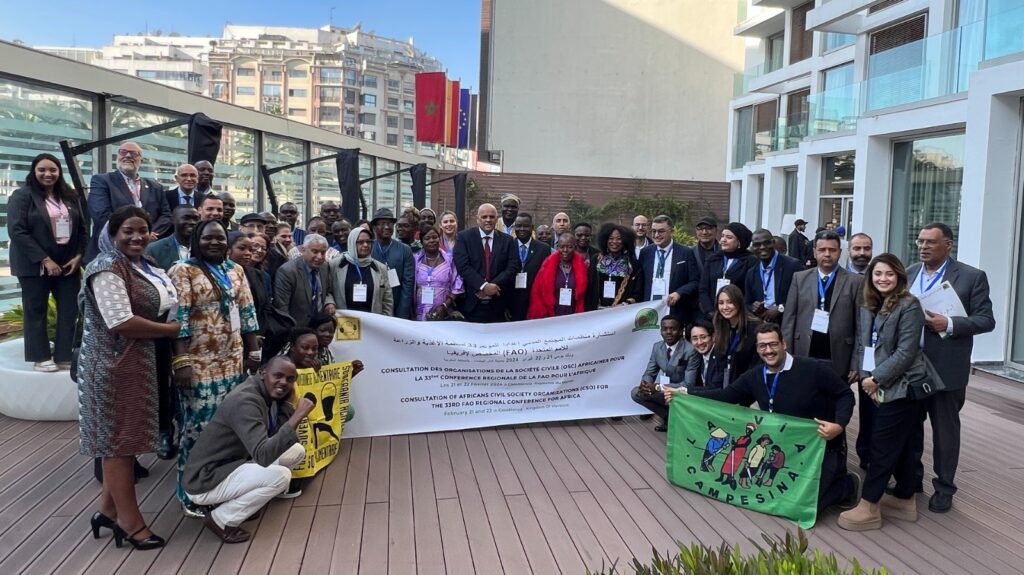
The African Civil Society Organizations (CSOs) regional consultation was organized on 21 and 22 February 2024, in Casablanca, Morocco, in preparation of the 33rd FAO Regional Conference for Africa, scheduled to take place in April 2024 in Morocco. The event was organized by the Moroccan Farmers’ Union (UMA) on behalf of the steering committee for the CSO consultation, in partnership with the Moroccan government. It brought together some sixty participants, representing farms, artisanal fishermen, livestock breeders and pastoralists, ethnic minorities and indigenous peoples, the landless, agricultural workers, consumers, women, young people, forest dwellers, NGOs and the urban poor.
CSO regional consultations are an important part of the FAO Regional Conference process. Since 2014, they have been organized to ensure high-quality participation by CSOs in its sessions. The aim is to ensure broader engagement and support for FAO’s policy discussions and decision-making at the regional level.
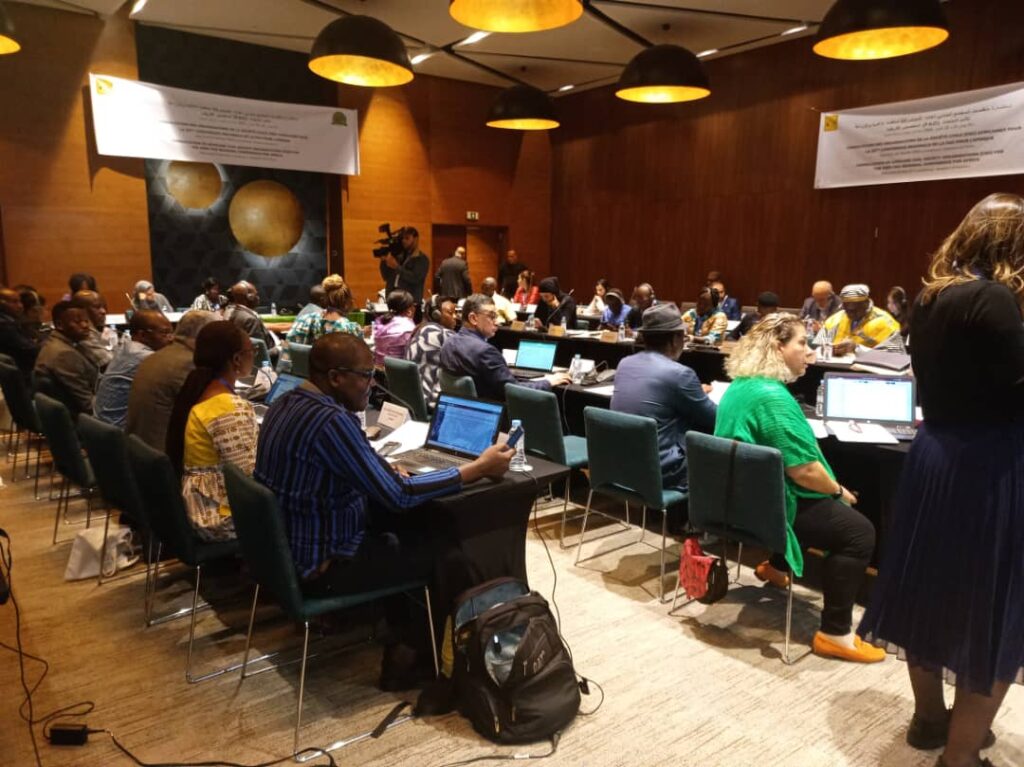
PAFO was represented at the conference by its President, Ibrahima Coulibaly, who explored the deep impact of the global crises on food security in Africa. He underlined the importance of collaboration and collective action to meet these challenges. In his remarks, the President asserted that “the road to free trade begins with the ability to trade. Let’s import only what we cannot produce, let’s develop our internal resources, and let’s build a robust and sustainable economy”, underlining the importance of free trade and the development of internal resources for a sustainable African economy.
Ibrahima Coulibaly also called on FAO to develop the Malabo-meter, a simple and effective tool for monitoring the actions of governments. He stressed the imperative for civil society to be an active player, to put pressure on governments and to catalyze positive change.
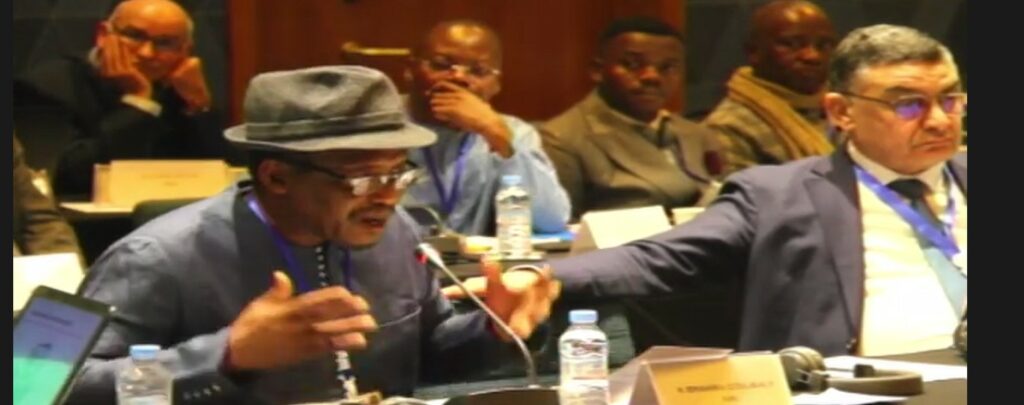
The discussions at the heart of the consultation focused on areas crucial to Africa’s food future, including “Science, Food & ZLECAf” and “Food Loss & Resilience”. Particular attention was devoted to women, youth and agri-food systems, highlighting their key role in building inclusive systems.
Over the two days, Ms Fatma Ben Rejeb, former PAFO CEO and now a consultant, facilitated the discussions, enabling participants to actively engage in identifying spokespersons and defining a roadmap and final declaration. These contain the recommendations of the African CSOs for the next FAO regional conference in Africa, laying the foundations for fruitful collaboration through the establishment of a steering committee and a roadmap for the forthcoming regional conference.
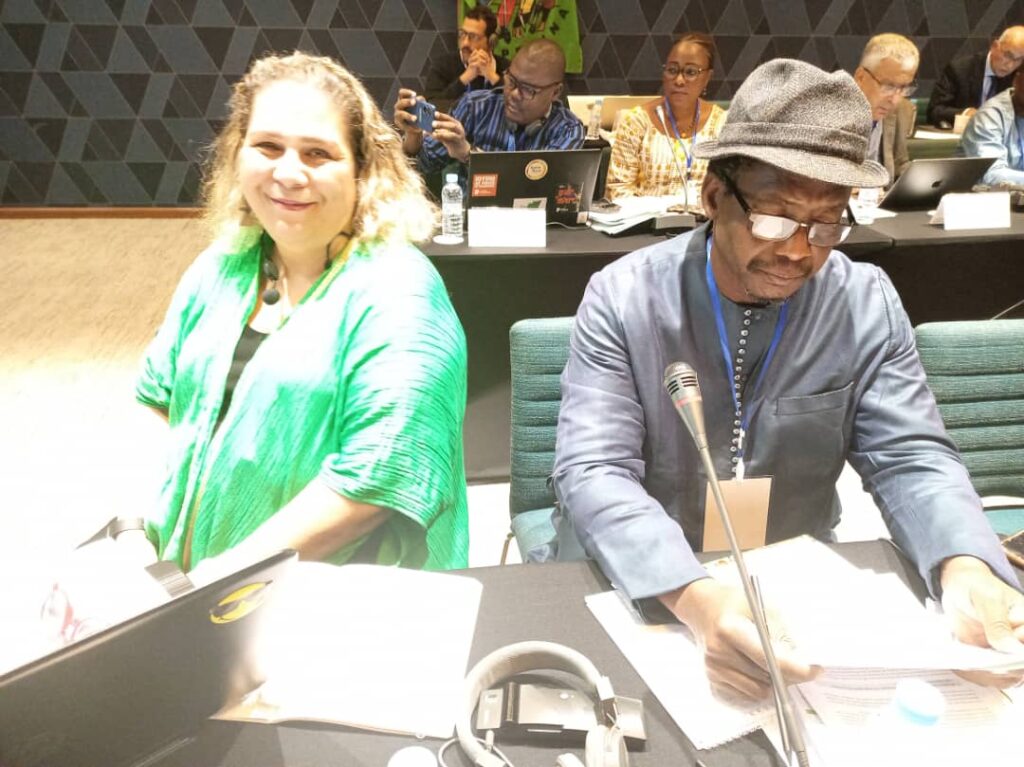
The African CSO Consultation in Casablanca therefore established the basis for an active and informed participation of civil society actors in the 33rd FAO Regional Conference for Africa. The discussions and resolutions formulated at this event pave the way for fruitful debates and concrete actions aimed at strengthening food security in Africa and building inclusive and sustainable food systems. Moreover, recent experience has shown that by sharing with governments their analysis of regional issues linked to FAO’s strategic objectives, CSOs help to enrich the debates leading up to the decisions taken by FAO members on regional priorities and the planning of activities carried out with countries.
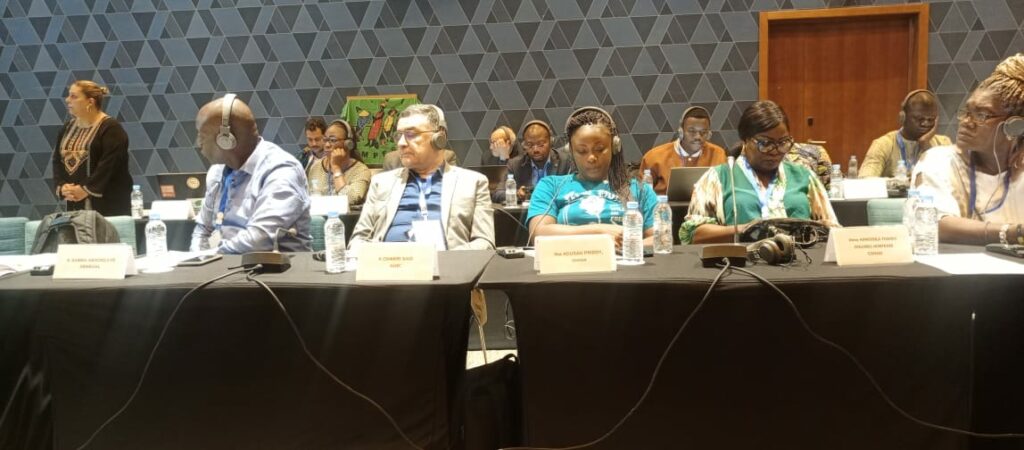
The FAO Regional Conferences are the highest governing bodies of the Organization at the regional level and are normally held once per biennium in years when the Conference is not in session. They report to the Council, through the Program and Finance Committees, within their respective mandates, on program and budgetary matters, and to the Conference on policy and regulatory matters. The reports of the Regional Conferences are presented by the President. They are responsible for holding high-level consultations to diagnose the region’s specific problems and priority issues, which must be taken into account in drawing up the programme of work and budget for the following biennium, and with a view to adapting the Organisation’s longer-term objectives to the needs of the region.






